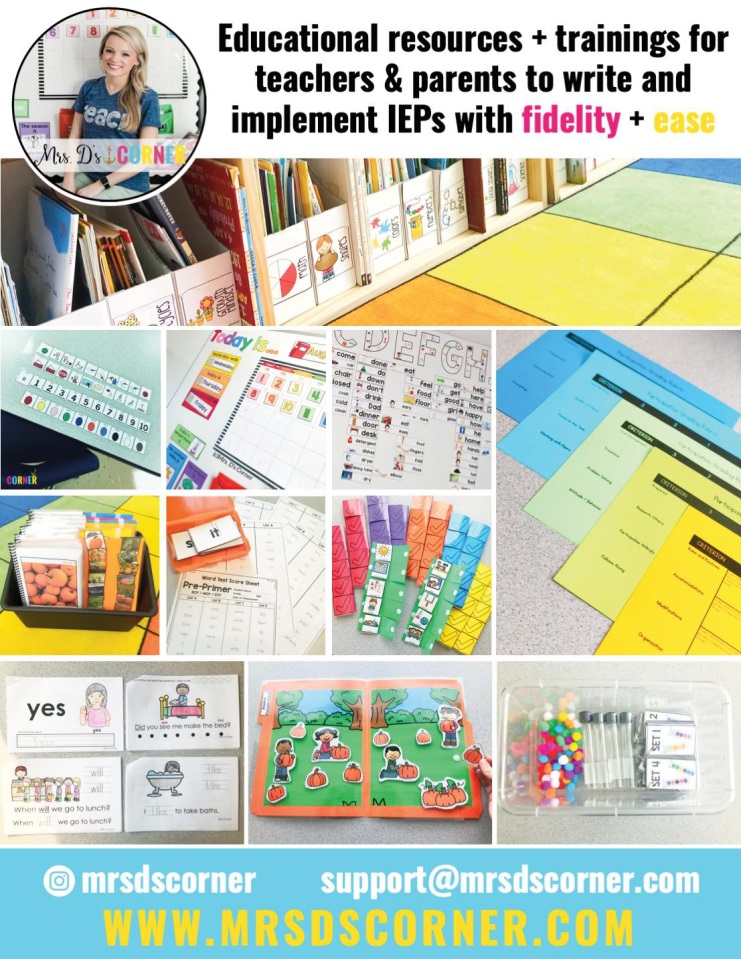If you're going to be flying when traveling, reach out to the airport or airline prior to your travel to ask about supports they may be able to provide to make your air travels more comfortable. Most times TSA will provide assistance through security checkpoints, and most airlines will assist with equipment and provide an individual to assist you and your family throughout the airport.
2. PRACTICE AND ROLE-PLAY
If there are certain situations or unfamiliar moments that are new to your child with special needs, will require new or an extensive use of skills, or are not a part of the regular routine, role playing or practicing the upcoming social outing may be very beneficial.
If you have not yet tried Social Stories, they are a great way to learn about and practice a new routine or skill beforehand. According to Carol Gray, the creator of Social Stories, "Social Stories are a social learning tool that supports the safe and meaningful exchange of information…" For more information on Social Stories and for access to Carol's free library of Social Stories, visit carolgraysocialstories.com.
Stories, visit carolgraysocialstories.com. Visual schedules are also a great way to help your child see what is coming next in the day. They help individuals manage the day or outing in a discrete way that is specific to them. What's great about visual schedules is that each piece or part of the day has its own icon or schedule square, which visually allows students to see their day and each of its parts.
3. PACK EXTRA ITEMS
Luggage gets lost, clothes get dirty and wet, snacks get left behind or eaten… it is never a bad idea to pack an extra set of clothes or an extra snack in a bag that is with you at all times during the social outing.
4. GIVE YOURSELF EXTRA TIME
Whether it's a social outing or big vacation, add extra time into your schedule. Plan for the unexpected, like parking farther away from a store, a delayed flight, or waiting for a ramp to be set up.
With any social outing also comes the opportunity to practice important life skills. Here are ten life skills you can practice on any social outing:
- Wait time
- Ordering food at a restaurant
- Paying for a service
- Making sure you have enough money to buy something
- Locating the restroom 6. Using public transportation
- Making sure you have enough time
- Following a schedule
- Scheduling a reservation at a specific date and time
- Wearing the correct clothes for the weather/season or event
Once you have one or two of the above supplies prepped and no matter where you are traveling to and no matter where your next adventure takes you, a little bit of preplanning can go a long way.•
ABOUT THE AUTHOR:

Stephanie is a dual-certified special education teacher, Master IEP Coach®, children's book author, and teacher mentor. She has a passion for creating engaging, adapted resources for teachers and students with disabilities, and is self-proclaimed #datanerd. She understands that not everyone will love IEPs as much as she does, but it is her hope that with the appropriate training and resources, teachers will not only advocate harder for student services and supports, but also bridge the gap between teachers and families to foster a true IEP Team. She also provides professional development for teachers. You can connect with her at mrsdscorner.com and theintentionaliep.com. Stephanie is also a huge mental health advocate, sharing her experiences and struggles to let others know that you can survive the dark seasons and thrive in life and teaching with a mental illness.
